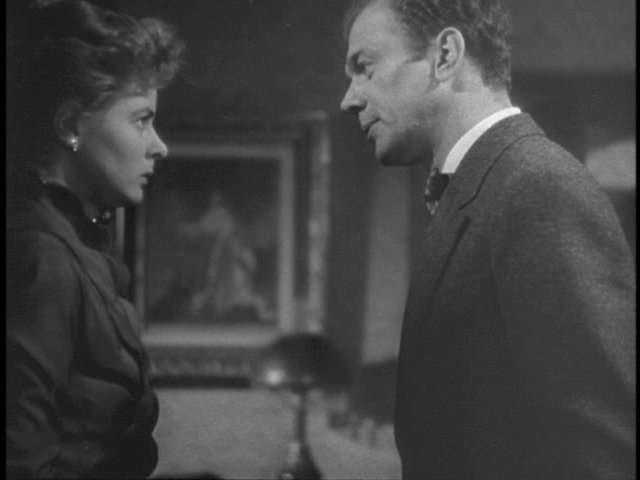Like the Doors, their name was just Nazz but people usually referred to them as The Nazz but it is just Nazz on their 3 albums. Their name comes from a track by The Yardbirds called "The Nazz Are Blue." That song doesn't explain the word's meaning (see lyrics below) but as far as I can find an earlier usage in 1952 was from American comedian Lord Buckley who had a monologue called "The Nazz" on one of his records. It that monologue, "Nazz" is a reference to Jesus of Nazareth. In later years, Todd Rundgren stated in an interview that they didn't know about the Lord Buckley or The Yardbirds' references.
It turned out that another band in Phoenix, Arizona that formed around the same time also used The Nazz as their name but since the Philly band had a hit they changed their name to Alice Cooper.
Between 1968 and 1970, Nazz released three albums between 1968 - 1970 - Nazz, Nazz Nazz, and Nazz III but are best remembered for their first single "Open My Eyes" with the B side "Hello It's Me".
They actually broke up in 1969 but the third album came out the following year.
Todd Rundgren followed up with a string and continuing solo career and stints with his band Utopia. In 1972, Todd recorded a new version of "Hello It's Me" on his Something/Anything album and it reached number 5 on U.S. charts.
"Open Your Eyes" and the video released with it is a bit of psychedelic
with some Beatles' A Hard Day's Night as channeled through The Monkees.
with some Beatles' A Hard Day's Night as channeled through The Monkees.
The Yardbirds' "The Nazz Are Blue"
...But no matter what's done to me baby
I guess I'll always be blue
I got a hundred and fifty things
Now all I gotta find is you
I got a hundred and fifty things
Now all I gotta find is you
And if the Nazz don't help me baby
You better forget about me too





